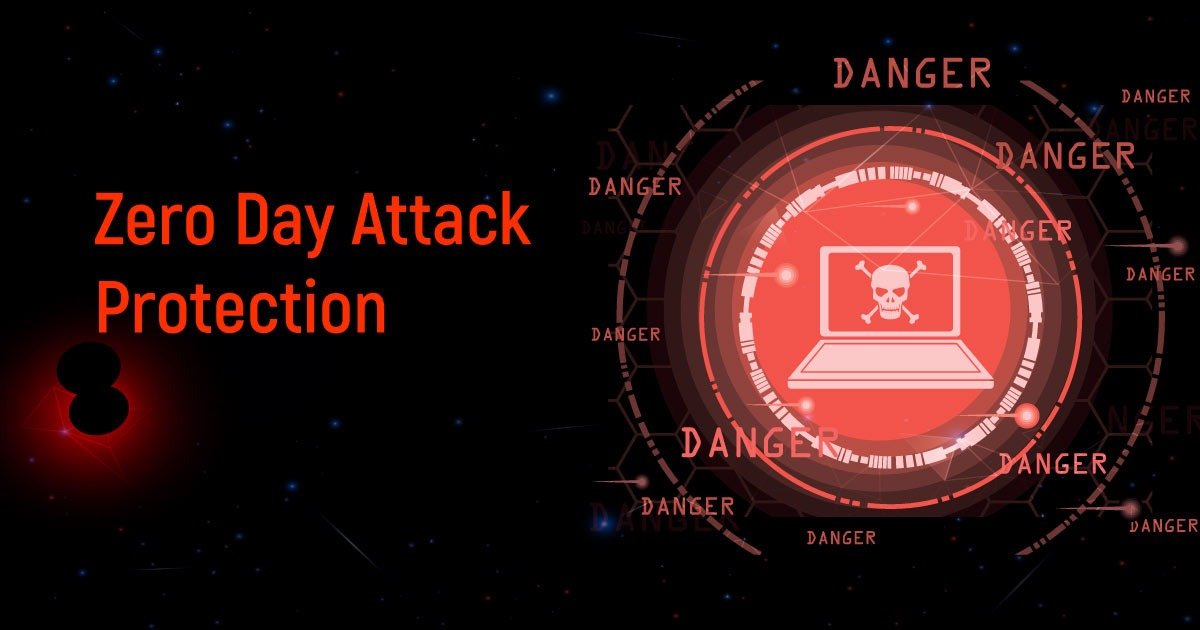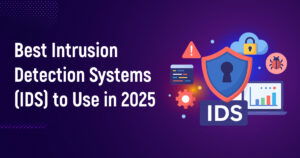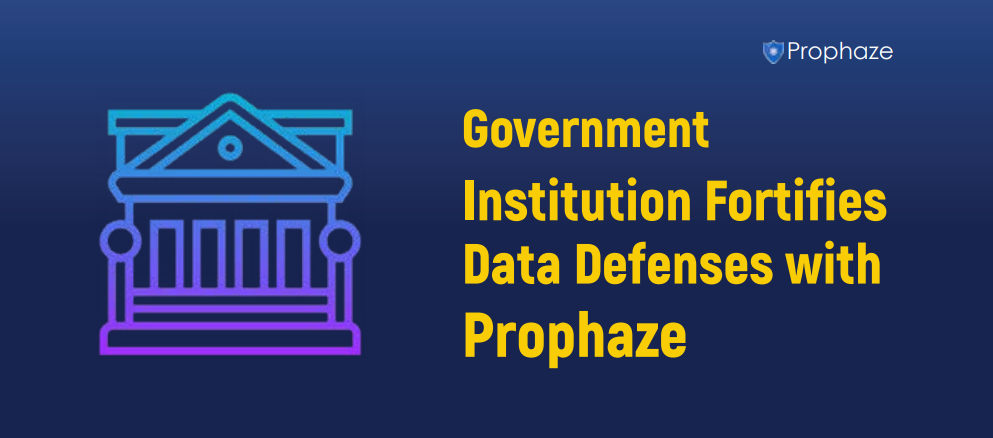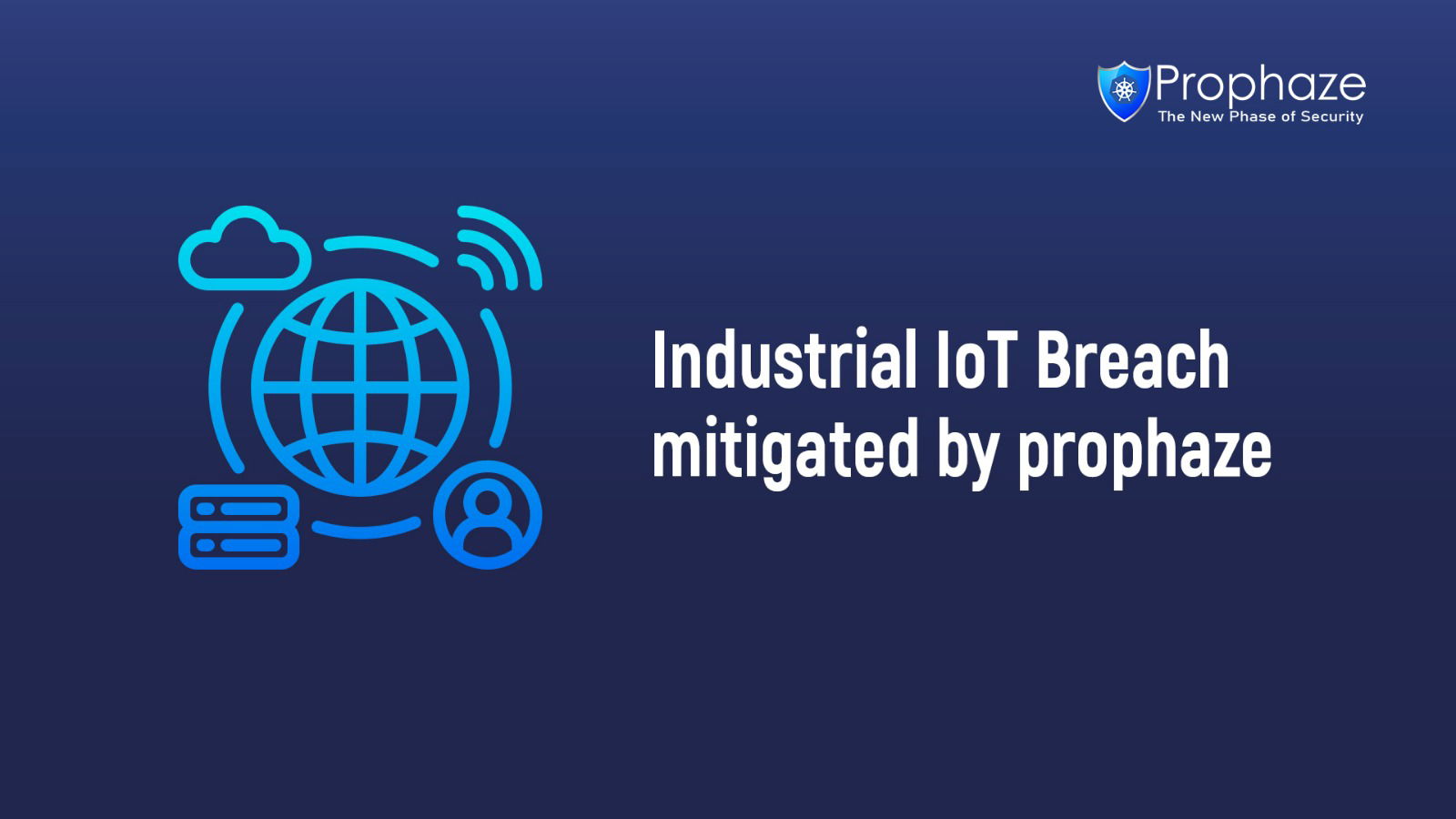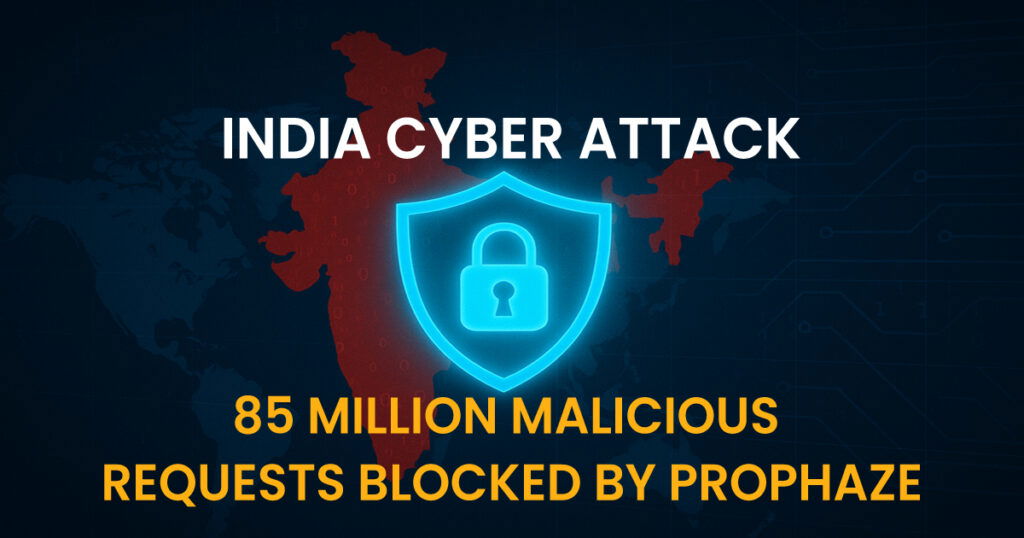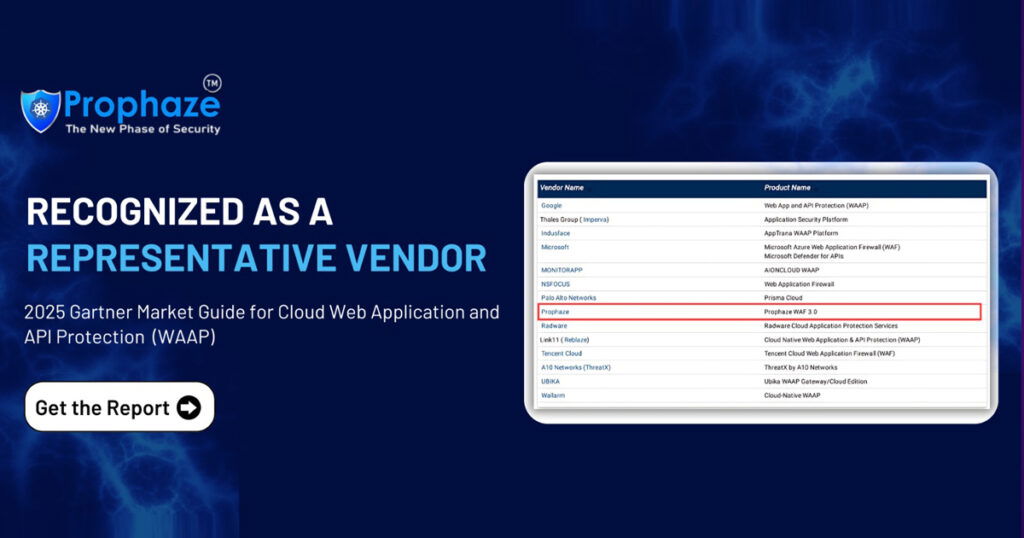A zero-day attack is a type of cyber-attack that exploits an unknown vulnerability in software, hardware, or firmware. These attacks can be difficult to detect and prevent, as they occur before security experts have the chance to develop patches or updates to fix the vulnerability. However, there are various measures that organizations can take to protect against zero-day attacks. In this post, we will discuss zero-day attack protection and its various measures.
What is Zero-Day Attack Protection?
Zero-day attack protection refers to a set of security measures and best practices that organizations can use to protect against zero-day attacks. These measures include various security controls, such as network segmentation, access control, and endpoint protection. The goal of zero-day attack protection is to detect and prevent zero-day attacks before they can cause damage to the organization.
Network Segmentation:
Network segmentation is the practice of dividing a network into smaller subnetworks, or segments, to reduce the attack surface and limit the spread of malware or other threats. This approach is particularly effective in preventing zero-day attacks, as it limits the scope of the attack to a specific segment of the network, reducing the overall impact of the attack.
Access Control:

Access control is a security measure that restricts access to resources, such as files, folders, and applications, based on the user’s identity and permissions. By implementing access control, organizations can ensure that only authorized users have access to critical resources, reducing the risk of zero-day attacks.
Endpoint Protection:
Endpoint protection is a security measure that protects endpoints, such as desktops, laptops, and mobile devices, from cyber threats. Endpoint protection solutions typically include antivirus software, intrusion detection and prevention systems, and other security controls that detect and prevent zero-day attacks.
Threat Intelligence
Threat intelligence refers to the collection and analysis of information about cyber threats, such as zero-day attacks. By using threat intelligence, organizations can stay informed about emerging threats and develop strategies to protect against them. Threat intelligence can include information about the tactics, techniques, and procedures used by attackers, as well as information about the vulnerabilities being targeted.
Conclusion
Zero-day attacks are a significant threat to organizations of all sizes, as they exploit unknown vulnerabilities in software, hardware, or firmware. However, by implementing zero-day attack protection measures such as network segmentation, access control, endpoint protection, and threat intelligence, organizations can protect against these attacks and reduce their impact. By staying informed about emerging threats and implementing robust security measures, organizations can mitigate the risk of zero-day attacks and ensure the security of their operations.

